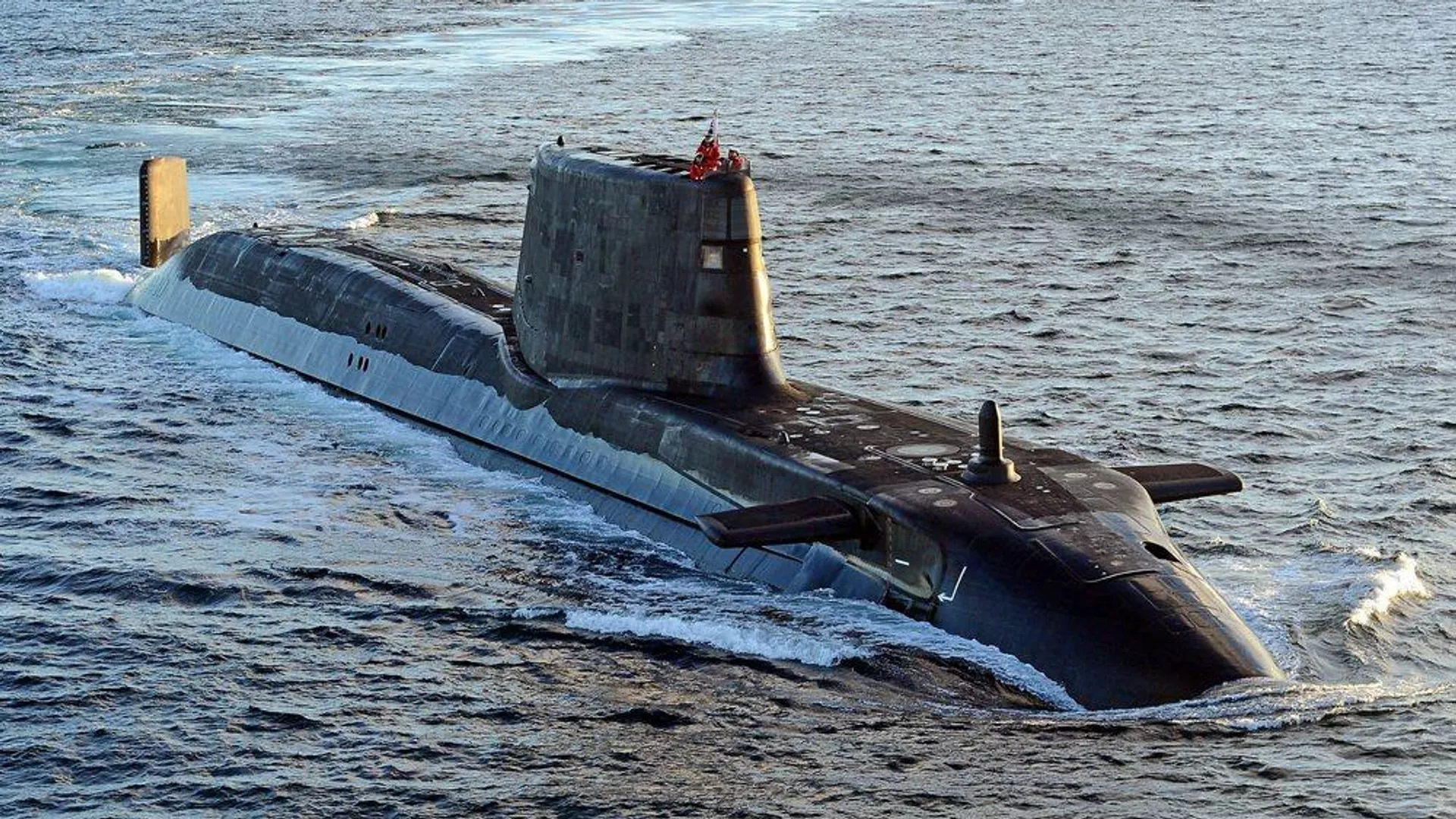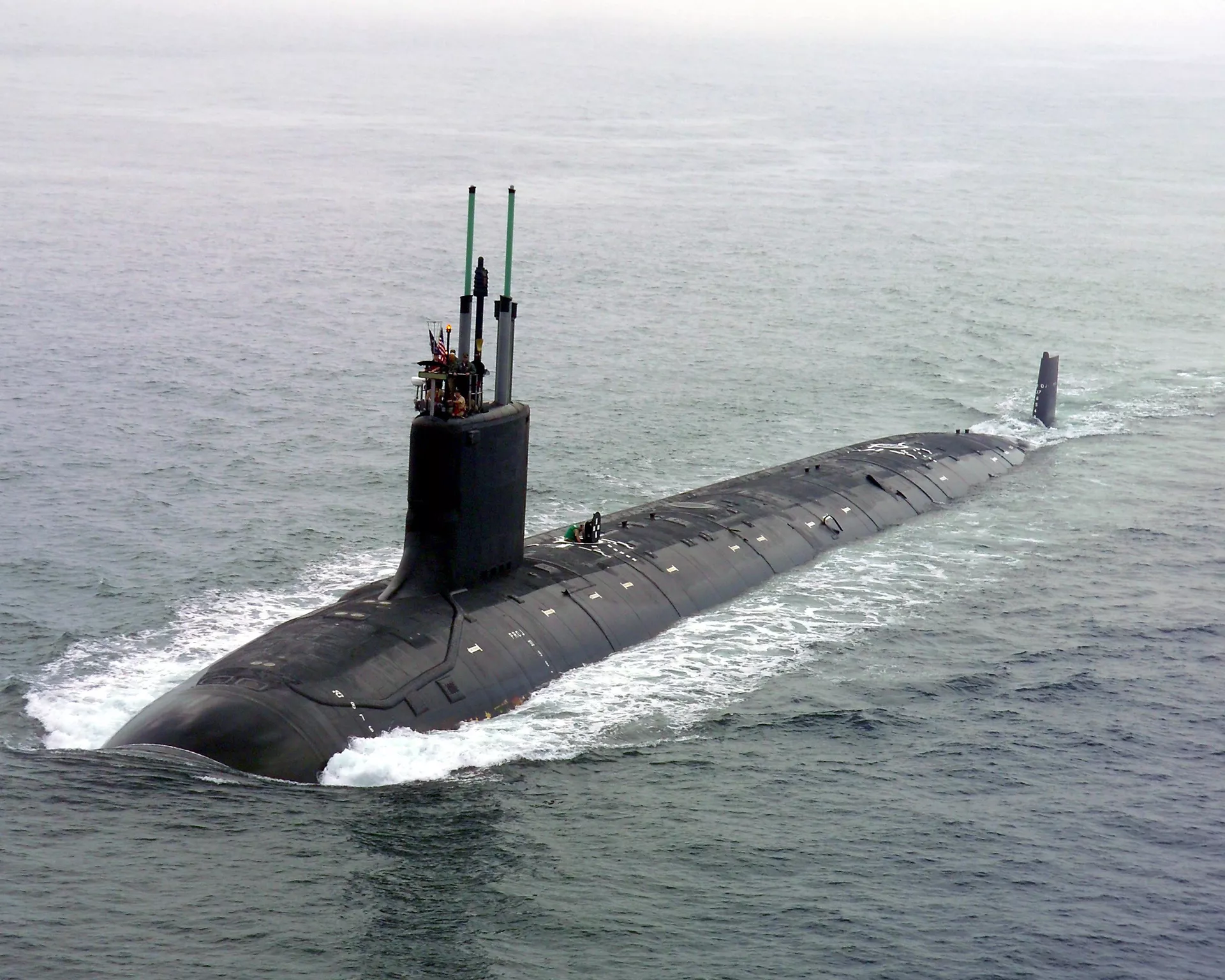US, UK Agree on Supplying Australia With Naval Nuclear Propulsion Technology - White House
22:04 GMT 19.11.2021 (Updated: 15:24 GMT 28.05.2023)

CC0 / LA(Phot) Will Haigh /
Subscribe
The White House announced on Friday that an agreement had been reached with London and Canberra on the transfer of "naval nuclear propulsion information" to the Australian military as part of the deal that founded the AUKUS group earlier this year.
US President Joe Biden gave a proposed agreement on nuclear technology exchange his blessing on Friday, saying in a memo to US Secretary of Energy Jennifer Granholm that he agrees that "performance of the Agreement will promote and will not constitute an unreasonable risk to the common defense and security."
"The Agreement will permit cooperation, which will further improve our mutual defense posture and support our interests under the North Atlantic Treaty; the Australia, New Zealand, and United States Security Treaty; and the enhanced trilateral security partnership among the three Parties known as 'AUKUS,'" Biden added.
The deal was first announced in mid-September at the declaration of the AUKUS pact, although the details how the US and UK would help Australia to acquire nuclear-powered submarines remained ill-defined. Australia has no nuclear industry of its own, meaning it will have to be supplied with all of the necessary technology from other nations - a grievous breach of nuclear nonproliferation agreements.
Such a transfer has never taken place before; the only other example of one nation helping another build a nuclear-powered submarine is Brazil’s Alvero Alberto, being built in partnership with France. However, Brazil already has nuclear power technology. It is developing the sub’s power plant itself and is likely to use low-enriched uranium.

US Navy Virginia-class attack submarine SSN 774 USS Virginia (US Navy photo)
© US Navy photo
Last month, Australian Prime Minister Scott Morrison presented a plan that would have between six and eight nuclear-powered subs manufactured in Australia, with the first entering the water in the late 2030s. However, it has not been decided if Canberra would receive a US design, like its new Virginia-class submarines, or a British design, like that country's Astute-class subs.
Both sub classes are fueled by weapons-grade highly enriched uranium, with a purity of 93.5% U-235. However, Morrison has explicitly reaffirmed his country's commitment to renouncing nuclear weapons.
Nuclear-powered submarines have major advantages over diesel-electric submarines, including the ability to go for years without refueling and to stay almost indefinitely submerged, limited only by their supply of other goods such as food. They are also noticeably quieter than diesel engines, which is important in the acoustic cat-and-mouse game between submarines, especially China's new generation of advanced nuclear-powered attack subs.
However, any country using a nuclear submarine has to be able to produce both the fuel that powers it and a crop of nuclear engineers capable of building and maintaining their reactors.
By reaching the deal with the US and UK, Australia cancelled a $66 billion deal with France to buy 12 diesel-electric submarines - something French Foreign Minister Jean-Yves Le Drian called a "stab in the back" and creating a pronounced political rift between Paris and both Washington and Canberra that has not yet been fully healed.
As Sputnik reported at the time, it wasn't the first time Paris had been spurned by a nuclear weapons deal the US reached with an ally: in the 1960s, the US gave the UK its Polaris ballistic missiles, giving Washington effective control over Britain's nuclear arsenal, which caused then-French President Charles de Gaulle to oppose Britain's entry to the European Common Market, the EU's predecessor.



